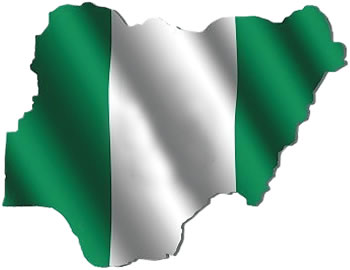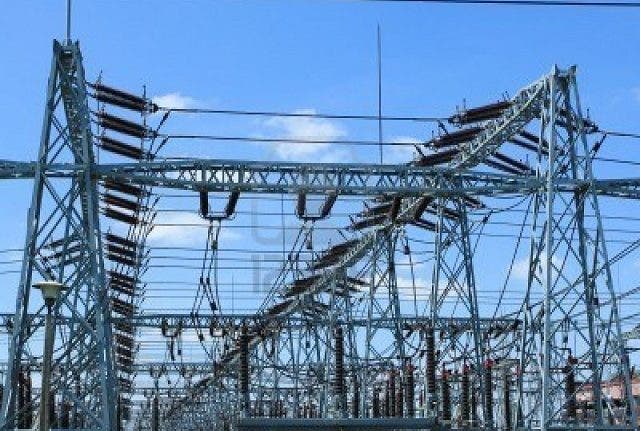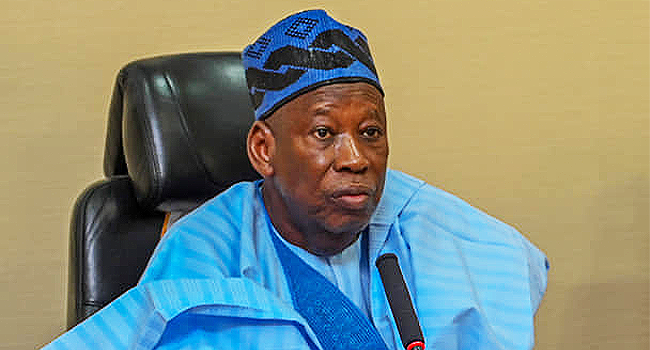Nigerian Museums And Nation Building


By Ogunwole Yemisi Rachael
ICOM defines museum as a non-profit making permanent institution in the service of society and of its development, open to the public which acquires, conserves researches, communicates and exhibit for the purpose of study education and enjoyment of the tangible and intangible evidence of the people and their environment.
Among the crucial contents of tourism in Nigeria is the museum visiting culture and many states of the federation have facilities owned by the federal government and managed by the National Commission for Museums and Monuments (NCMM) that can attract visitors from various walks of life.
The museum is one of the most important institutions for all countries in the world because it is an important destination for many travelers seeking to explore the potentials and God-given resources of the countries of the world.
One of the ways in which a country’s economy can be developed is through adequate revenue generation. This revenue generation can be further boosted through proper management of natural and cultural resources of the country. Museums create possibilities for the growth of the economy of a country. It has been observed that museum visitors spend substantial amount of money when they visit. Restaurants, transports companies, hotels and the retail traders are the primary beneficiaries. Also, municipalities receive their share indirectly, for example, by increase in task revenue collected and increase in employment opportunities such as tour guides, drivers.
The museums and heritage sites in Nigeria are popular because of the unique artifacts and culture of the people they represent. The attractiveness of the Nigerian museums is not only based on the contents of their exhibitions, but als0 on their age, size, architectural designs that are peculiar to them and their reputation.
The collaboration between the educational sector and the museum can yield greater result and educational improvement when the Nigeria museum structures, artifacts and sites are properly managed and maintained in the right standard like their counterparts in the world. Students acquire knowledge in the classrooms but they can gain more understanding when they get the chance to view the cultural and historic collections and evidence of history they have studied earlier. Also, when students visit the museums for excursion, they can be greatly inspired by the meanings behind several artifacts displayed in the museums and also get convinced to become relevant in their own generations as a result of the narratives given by the museum workers about the good qualities of the past heroes and also help them to avoid the mistakes of some people in such narrative stories.
In the absence of vocational colleges and arts centers, museum can be helpful in taking roles of developing the artistic, managerial and operational skills within the creative and cultural industries. The museum can educate the people in their environments or localities by organizing seminars where useful traditional skills,
knowledge, including making dye or tie and dye, local soap making among others can be shared. Thus, this makes more citizen of the country less dependent on the government and more responsible citizens. Acquisition of cultural skills can also help to diversify the economy of Nigeria in such way that Nigeria can grow to be self-sufficient economically by bulk production and export of locally made cultural artistic products.
Nigerians love to have fun and the Nigerian culture is very much about celebrating life and promoting communities. The museum has social elements such as festivals which help very much in keeping with this need. During festivals, the people of the country can go to the museum to relive the stress they have acquired through some period of time by having fun. This can help to curb the growing rate of mental disorder in the country.
Furthermore, some museum visitors patronize various traditional temples which are often situated around the Nigerian heritage sites and museum environments hoping to learn about the culture’s gods or find solutions to their problems by using sacred objects or substances like the Osun river water, etc. Multitudes of people from all over the world patronize the Nigerian museums in search of such sacred things in which they attach their faith. These help to improve the image of the Nigerian museums to the world and make the country relevant in the world.
In conclusion, the museum workers are directly involved in the team maintenance and management of the country’s cultural heritage, treasure and wealth therefore, their welfare should be ensured so as to efficiently discover, document, manage and maintain the relevance of the nation’s rich cultural heritage resources.
Also, it is essential to attract attention for the Nigerian museum and heritage and monument sites so as to maintain the interest already created by various means of communication.
- Ogunwole Yemisi is a Principal Assistant, Education officer I, Museums.










